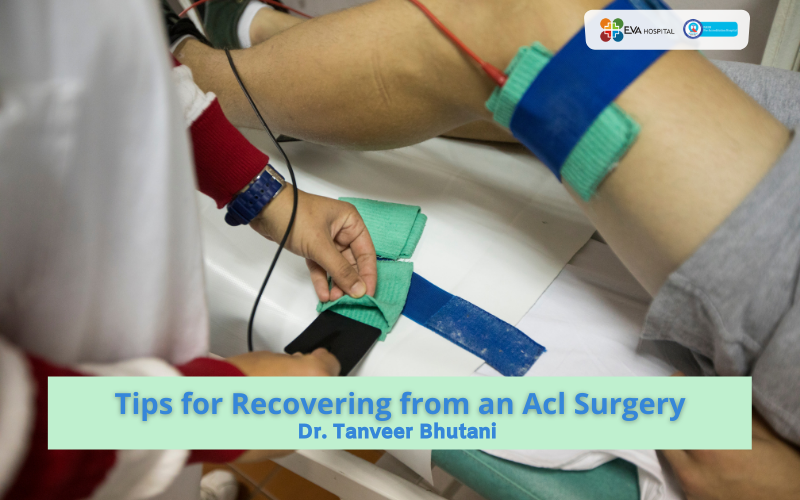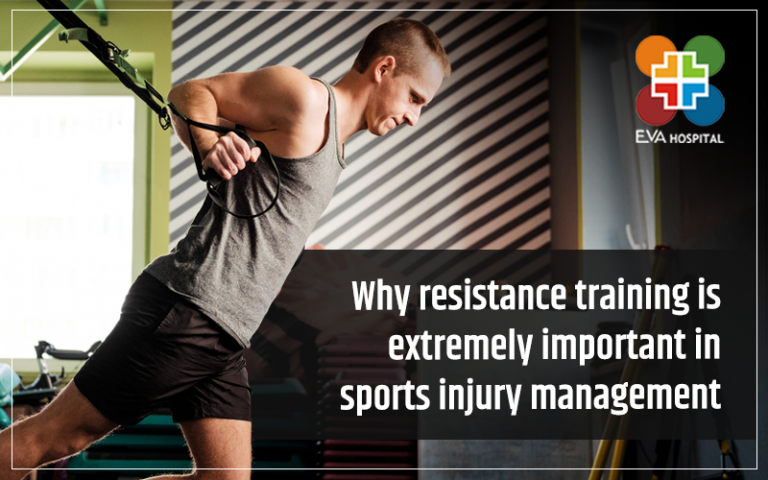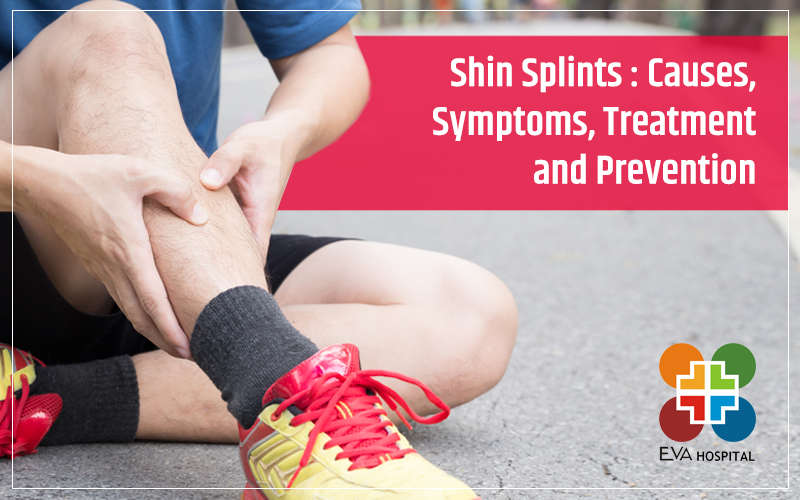
Tips for Recovering from an ACL Surgery
Overview
ACL (anterior cruciate ligament) surgery is aimed at repairing the torn anterior cruciate ligament in the knee.
It is generally done to repair damage to the ligament that connects the femur (thighbone) to the tibia (shinbone) to keep the knee joint in working order.
A minimally invasive laparoscopic procedure, ACL surgery involves a graft to reconstruct or replace the injured ACL.
Though one can most likely go home the same or the next day, recovery after ACL surgery takes time and includes rest, physical therapy, and gradual return to activities. Following the rehabilitation plan is crucial to facilitate a speedy recovery.
Physical therapy is usually recommended to help build leg and knee strength and it may last for two to six months.
Tips For a Speedy Recovery
The path of recovery from an ACL surgery can be long and hard, but there are ways to speed up your recovery while achieving the best outcome.
Read More:-Top Causes of ACL Tears
- Follow Your Post-Operative Instructions
Make sure to understand verbal as well as written instructions given to you at the time of discharge.
- Work with Your Doctor on Recovery Goals
The recovery goals are focused on managing your symptoms and regaining pain-free knee strength and function. It usually takes six months to fully heal and return to all the activities.
Talking to your doctor about the best strategies for reaching these goals will make your recovery much smoother
3. Attend All of Your Appointments
Do not skip your rehabilitation or your check-up appointments. Reschedule ones that you may have to miss.
Inform your doctor about any issues
like fever, abnormal pain, or other adverse symptoms. An early redressal of the issues can keep you on track to recovery.
- Take Your Medication
Some amounts of swelling and pain are common after surgery and the doctor may recommend icing the knee and keeping your leg elevated to help reduce swelling and you will be prescribed a narcotic pain reliever.
Take them as prescribed. Controlling pain can help you recover faster by numbing pain while working on strength and range-of-motion exercises in physical therapy.
- Get Proper Sleep and Nutrition
The right amount of rest helps the body to recuperate and heal. Focus on your diet. Include lean protein, dairy, and plenty of vegetables into your diet.
- Go Slow
It can take a few weeks to months to return to normal activities & returning to sports can take up to six months or sometimes longer. Follow all instructions for wearing a brace, using your knee, and bearing weight.
Take it a bit slow as being too fast can cause a delay in the recovery after ACL surgery. Follow your doctor’s instructions about a safe return to daily activities, driving, work, and sports, etc.
- Take Care of Your Incision
It can take about two weeks for the wound to heal after ACL surgery. Following all instructions about covering and dressing the wound, keeping it dry, and showering will help it heal well.
Your doctor will remove your stitches at your follow-up visit. But if your wound is red, swollen, warm, draining excess fluid, bleeding, or starting to open, immediately call your doctor.
- Physical Therapy
Physical therapy is essential to help you regain strength in your leg.
The physical therapist can demonstrate to you techniques to prevent ACL injuries in the future.
The therapist will also educate you on safe ways to use your knee and exercises to strengthen it.
Developing a sports-specific training program to strengthen and stabilize your knee can be of great benefit too. Follow the tips given by your therapist for reducing stress on your knee as they can help you avoid future problems.
Added Precautions
Be aware of possible complications while your knee heals. Do not hesitate to call your doctor if you have a fever, more swelling than expected, or increased pain as these could be signs of a complication.
Strengthen your knee to prevent future problems.
Takeaway
An ACL injury can be difficult to deal with, especially if you’re an athlete or a sportsperson. However, by following proper recovery guidance, you should be able to resume your regular activities within a year.
A competent orthopedic surgeon at Eva Hospital recommends making sure to monitor your recovery and inform your doctor if you have any adverse reactions to the surgery like swelling in your calf, yellow discharge from incisions, a high temperature, or continued bleeding of the incision area.
Making a commitment to follow Dr. Tanvir Bhutani, a highly experienced doctor’s directions, and attending all of your physical therapy sessions will help your knee to continue to grow stronger, and will help you to resume your normal activity level.









